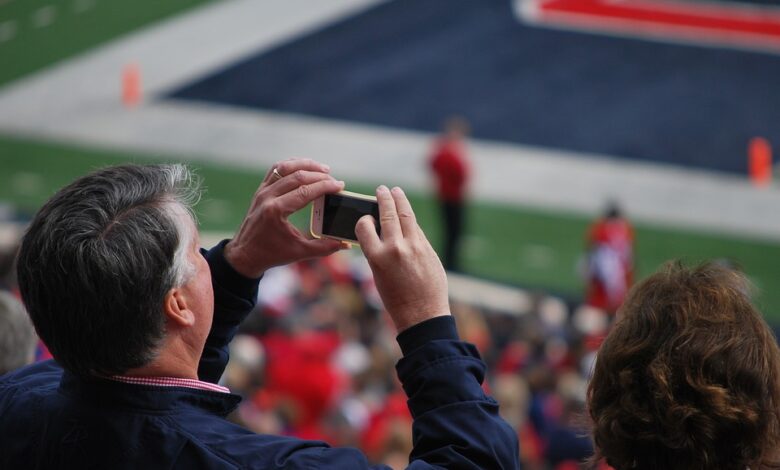The Role of Social Media in Mobile Gaming.

One of the primary roles of social media in mobile gaming lies in its ability to provide a platform for developers and players to connect and communicate. In the past, gamers relied solely on in-game chats or forums to interact with one another. However, with the advent of social media, these interactions have transcended boundaries, allowing gamers to connect not only within the confines of a specific game but across different platforms as well. This has fostered a sense of community among players, giving them the opportunity to share tips, strategies, and even compete against one another.
Social media has also played a significant role in the promotion of mobile games. Developers can leverage platforms like Facebook, Instagram, or Twitter to create and maintain a strong online presence for their games. By sharing gameplay footage, trailers, teasers, and updates, developers can generate hype around their games, creating anticipation among their target audience. Moreover, social media enables developers to reach a wider range of potential players, as users can easily share updates and recommendations with their friends and followers. This organic reach can significantly boost the visibility and popularity of a mobile game, leading to higher downloads and engagement.
Another crucial aspect of social media’s role in mobile gaming is the integration of social features within games themselves. Many mobile games now incorporate social media components, allowing players to connect their gaming accounts to their social media profiles. This integration enables players to seamlessly share their in-game achievements, progress, or high scores with friends and followers. These shared updates not only serve as bragging rights but can also encourage healthy competition among friends, fostering engagement and longevity within the game.
Furthermore, social media platforms offer opportunities for mobile gamers to participate in various challenges, events, or competitions organized by developers or gaming communities. These events allow gamers to showcase their skills, earn rewards, or even gain recognition amongst the community. In turn, social media platforms provide a space for participants to share their experiences, connect with other participants, and receive feedback or support. This social aspect enhances the overall gaming experience, creating a sense of belonging and camaraderie among players.
In conclusion, social media has significantly transformed the mobile gaming landscape. From connecting developers and players to promoting games and facilitating social interactions within games, social media has become an indispensable tool for the mobile gaming industry. Its seamless integration and ability to foster communities have not only enhanced the overall gaming experience but have also opened up new avenues for developers to reach and engage with their audience. With social media’s continuous evolution and growing influence, its role in mobile gaming will undoubtedly continue to expand and shape the industry in the years to come.





